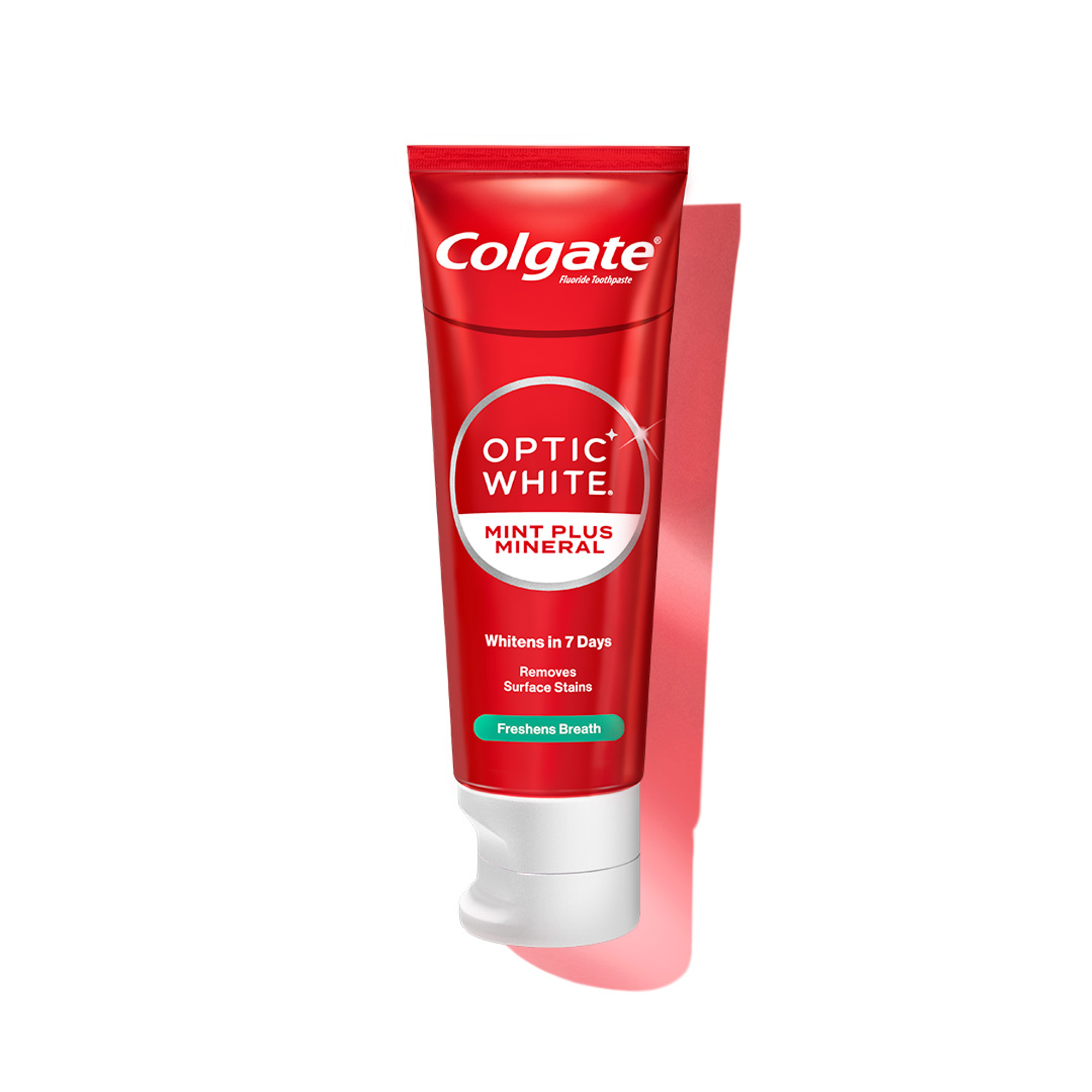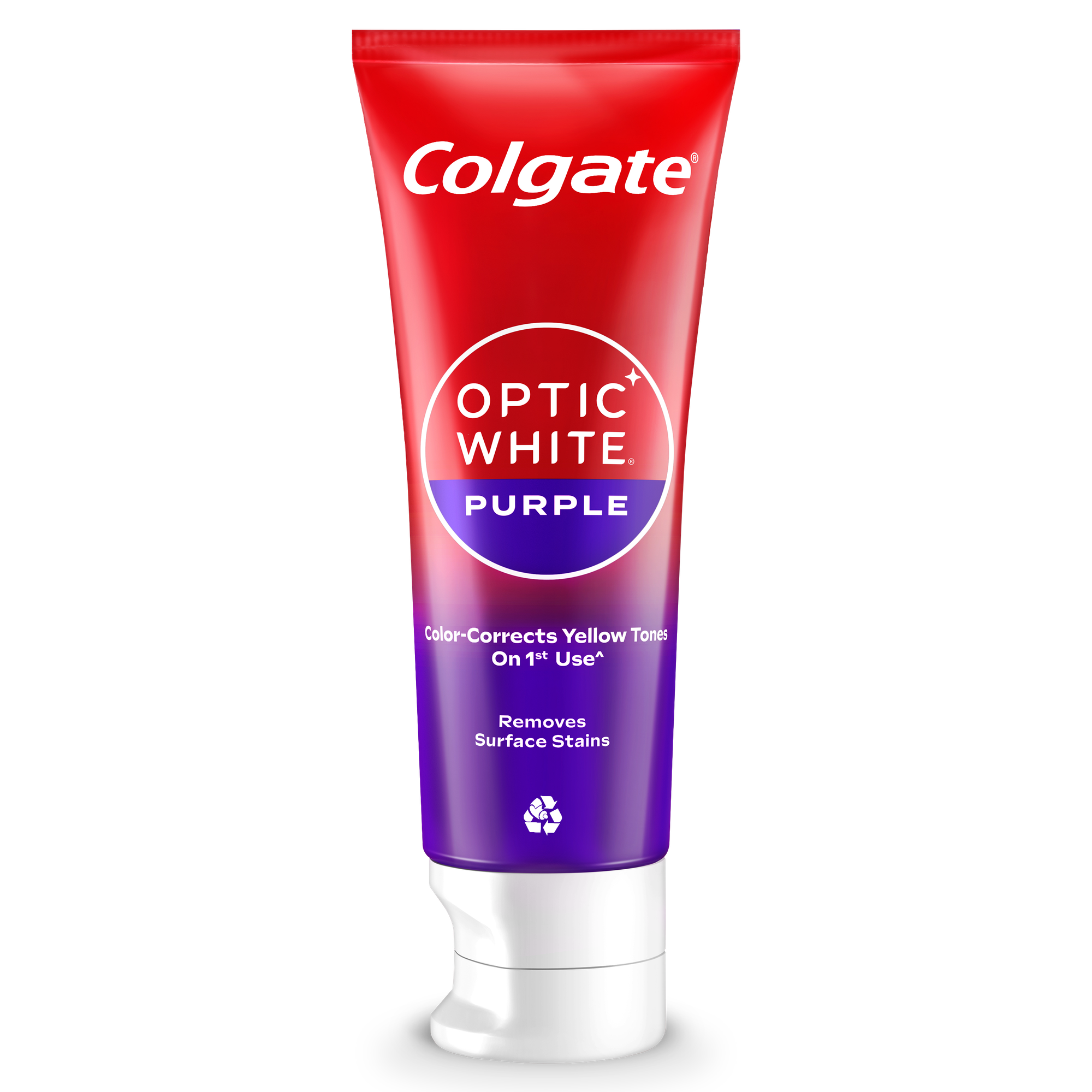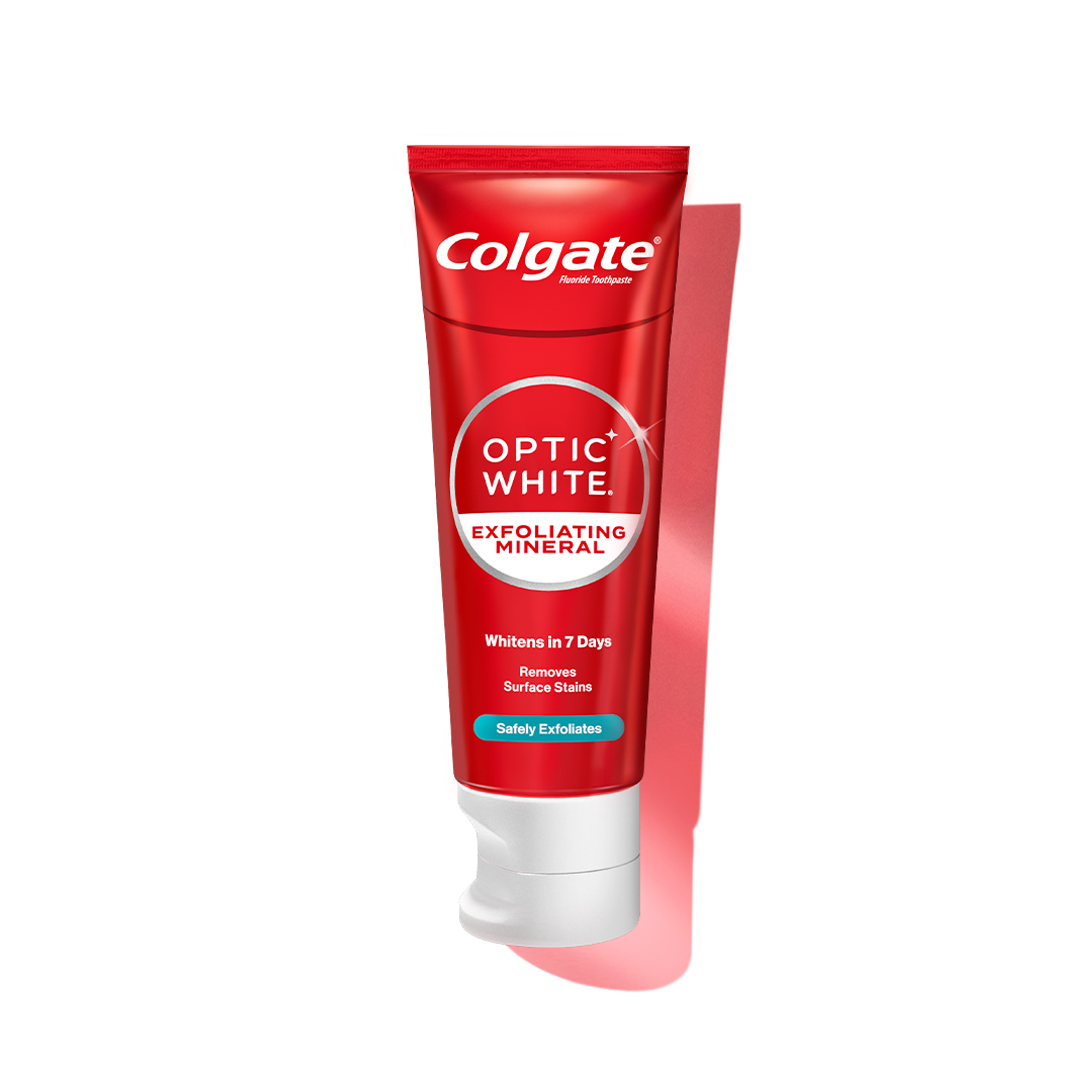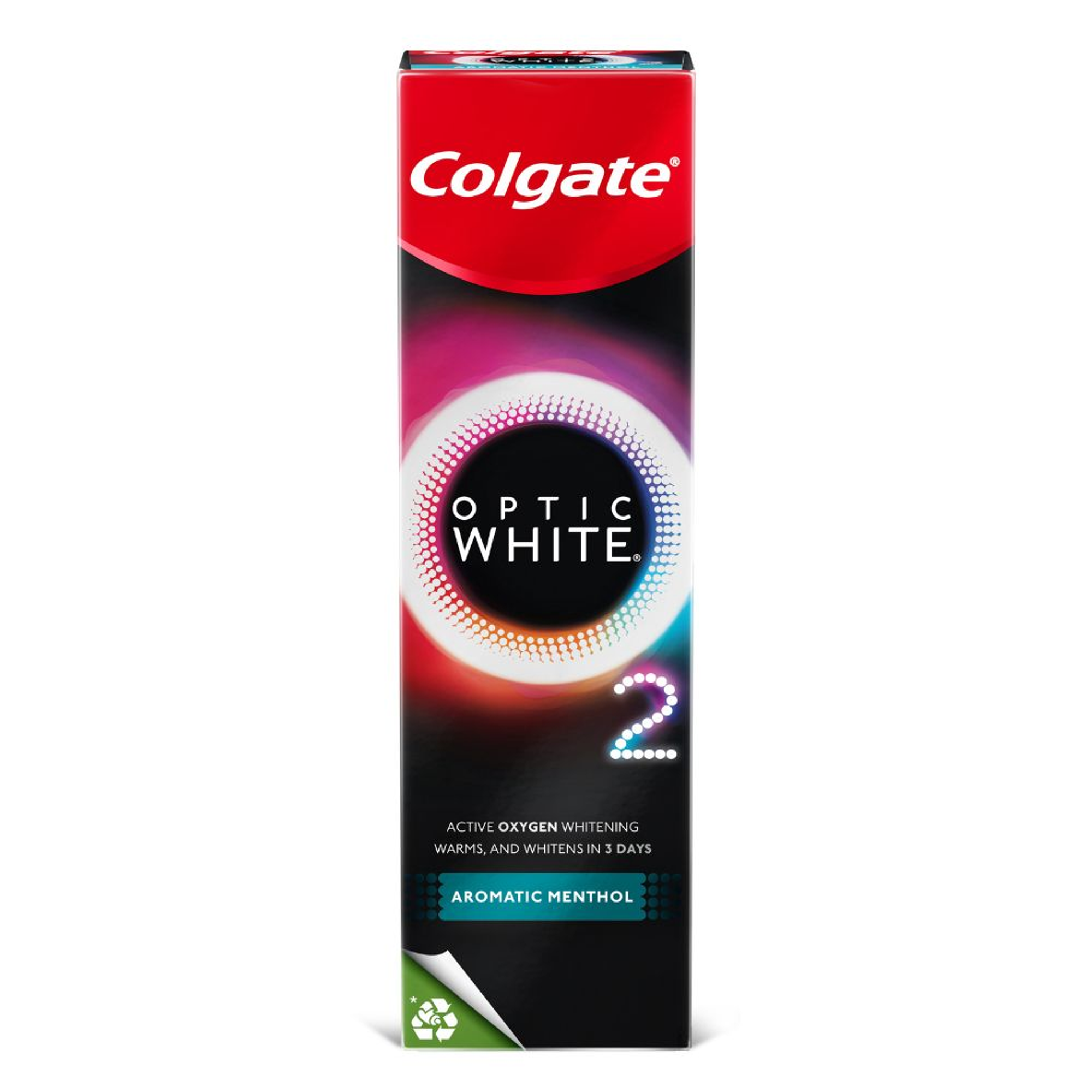-
-

FLUORIDE
Discover how stannous fluoride toothpaste prevents cavities and other oral health issues. Learn the key benefits of fluoride for teeth and its best uses.Fluoride plays a vital role in oral healthcare...

TEETH WHITENING
Teeth Whitening Serum for a Brighter, Confident SmileWho does not want whiter and brighter teeth? Thanks to the many teeth-whitening products available today...
-
Science & Innovation
- ORAL HEALTH ASSESSMENT
- Colgate® | Toothpaste, Toothbrushes & Oral Care Resources
- Oral Health
- How Do I Know What Shade My Teeth Are?


There's no one standard system in the dental field to measure and determine tooth colour. Nor is there an exact answer to how white your teeth can become-every person's situation is unique. One commonly used reference tool, however, is a shade guide.
Try our Optic White® Series Toothpaste to get the teeth whitening you want! >
One of the more common shade guides divides tooth colour into four basic shade ranges:
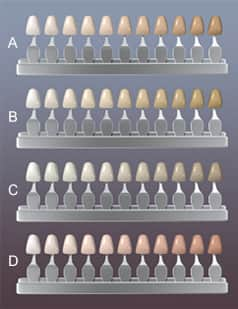
- A (reddish brown)
- B (reddish yellow)
- C (gray)
- D (reddish gray)
Within each range are different levels of darkness — which results in a chart detailed enough for almost everyone to find their exact tooth colour on the guide.
To use such a guide, simply match your current tooth colour to the corresponding colour on the chart. This gives you a starting point as you determine how much whiter you'd like your teeth to be.
How white should your teeth become? That depends.

There's no one right way to whiten your teeth. Some people want an instant and dramatic change, while others prefer more gradual whitening such as the type that results from a whitening toothpaste or gel. Final results depend on your natural tooth colour, how stubborn any stains are and the treatment you choose. Keep in mind that:
- A change of just two or three shades can make a noticeable difference in just about anyone's smile
- While whitening can occasionally change tooth colour nine or more shades, the majority of people who whiten their teeth see a change of between two and seven shades
- Each procedure has its advantages and disadvantages. Laser whitening and other in-office bleaching procedures, for example, may produce the most dramatic results, but cost significantly more
Copyright © 2002, 2003 Colgate-Palmolive Company. All rights reserved.
11/15/2010
Related Articles


We know that coffee can stain those pearly whites, but does tea stain teeth too? The answer is yes. In fact, tea might be even more… Read more at Colgate.com
Charcoal toothpaste is a hot topic, and it might have you wondering if you should buy a tube of black toothpaste. But does charcoal teeth whitening work?
Related Products

Helping dental professionals
More professionals across the world trust Colgate. Find resources, products, and information to give your patients a healthier future




